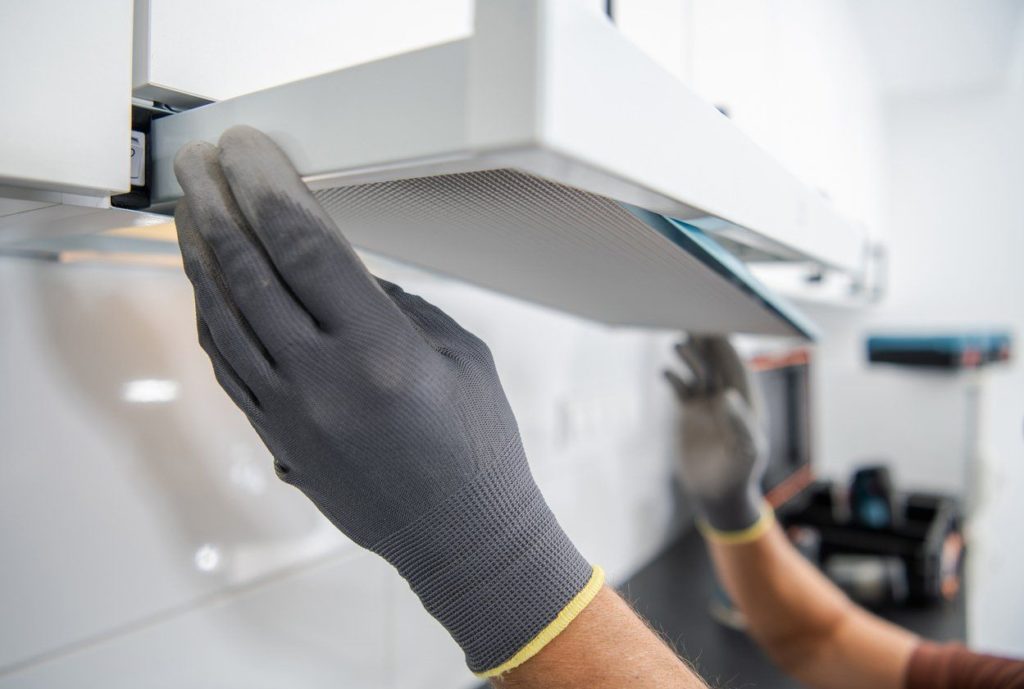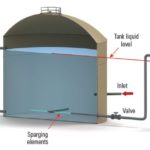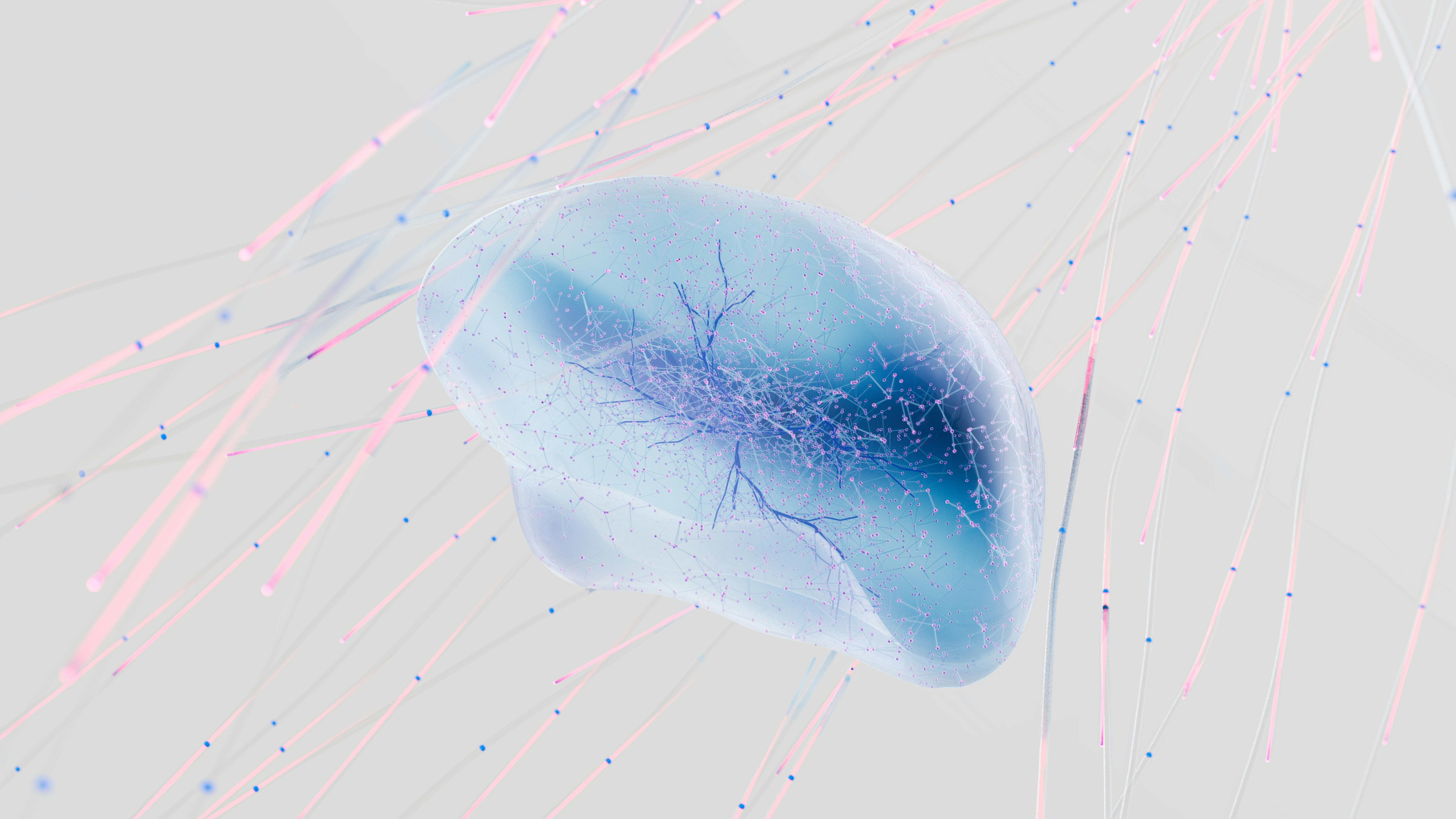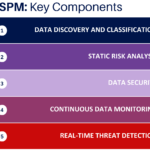Cleaning restaurant hoods is a crucial task that ensures the safety and hygiene of any food establishment in Long Island. However, there are common mistakes that can be easily overlooked, compromising the effectiveness of the cleaning process. Understanding these mistakes is vital to maintain the cleanliness standards required by health departments and to ensure the longevity of your restaurant’s hood system.
One common mistake restaurant owners make is neglecting the regularity of hood cleaning. Over time, grease and residue build up in the hood and exhaust system, creating a fire hazard and decreasing the overall efficiency of the system. By not adhering to a regular cleaning schedule, restaurant owners put their establishment at risk of potential fire accidents and fail to comply with health codes. Additionally, improper cleaning techniques and the use of incorrect cleaning products can further exacerbate these issues, leading to costly repairs and increased downtime for the business.
When it comes to top-notch hood cleaning services on Long Island, KC Exhaust stands out as a trusted brand in the industry. Their experienced team is dedicated to ensuring the highest standards of cleanliness and safety for local restaurants. If you’re looking for professional hood cleaning services that prioritize quality and compliance, visit KC Exhaust’s website to learn more about their comprehensive solutions.
Moving forward, this article will discuss the key takeaways to consider when cleaning restaurant hoods in Long Island. By addressing these mistakes and implementing proper cleaning procedures, restaurant owners can ensure a safe working environment, avoid unnecessary expenses, and maintain a high level of hygiene in their establishments.
1. Regularly cleaning restaurant hoods in Long Island is crucial to prevent the buildup of grease and maintain fire safety standards.
2. Avoid using harsh chemical cleaners when cleaning restaurant hoods as they can damage the surface and pose health risks to employees.
3. Thoroughly inspect the entire hood system, including the exhaust fan, ductwork, and filters, to ensure proper functioning and identify any potential issues.
4. Adequate training and education for restaurant staff on the correct cleaning procedures and frequency can help prevent mistakes and ensure the hood is properly maintained.
5. Hiring professional hood cleaning services in Long Island can ensure a thorough and efficient cleaning process, minimize the risk of accidents, and help maintain compliance with local regulations.
What are the Common Mistakes to Avoid When Cleaning Restaurant Hoods in Long Island?
1. Neglecting Regular Cleaning Schedules
One common mistake to avoid when cleaning restaurant hoods in Long Island is neglecting regular cleaning schedules. It is crucial to establish a routine cleaning plan to prevent the buildup of grease and other contaminants.
Regular cleaning ensures the proper functioning of the hood system, reduces the risk of fire hazards, and maintains a clean and hygienic kitchen environment.
2. Inadequate Training and Knowledge
Proper training and knowledge are essential when it comes to cleaning restaurant hoods. Many mistakes can occur if the individuals responsible for cleaning lack the necessary expertise. It is crucial to have a well-trained team that understands the process, safety protocols, and the use of appropriate cleaning agents.
By investing in regular training and staying updated with the latest industry standards, you can avoid costly mistakes and ensure the effectiveness of your hood cleaning process.
3. Failure to Properly Disassemble and Clean all Components
Restaurant hoods consist of various components that need to be disassembled and thoroughly cleaned. One common mistake is failing to adequately clean all the parts, including the filters, exhaust fans, ductwork, and grease traps.
If any component is neglected, it can lead to grease accumulation, foul odors, and an increased risk of fire. Ensure that all components are cleaned according to manufacturer guidelines and local regulations.
4. Using Improper Cleaning Techniques and Products
Using improper cleaning techniques and products can cause damage to your restaurant hood system. Avoid abrasive materials, harsh chemicals, or excessive pressure that could harm the surfaces, fans, or other sensitive components.
It is essential to use cleaning agents recommended by manufacturers and follow proper cleaning procedures. Engage professional hood cleaning services in Long Island if you lack the expertise or resources to perform the task correctly.
5. Ignoring Professional Inspections and Maintenance
Another common mistake is ignoring professional inspections and maintenance of restaurant hoods. Regular inspections by certified professionals can identify potential issues, such as worn-out parts or faulty equipment, that can compromise the safety and efficiency of the system.
Don’t overlook the importance of ongoing maintenance. The professionals can provide necessary repairs, replace worn-out components, and ensure that your restaurant hood system is in top-notch condition.
What are the Tips for Effective Hood Cleaning in Long Island?
- Establish a regular cleaning schedule and stick to it.
- Invest in proper training for your cleaning team.
- Thoroughly disassemble and clean all hood components.
- Use recommended cleaning techniques and products.
- Engage professional hood cleaning services if needed.
- Schedule regular inspections and maintenance by certified professionals.
Frequently Asked Questions
1. Why is it important to clean restaurant hoods?
Cleaning restaurant hoods is crucial to maintain a safe and healthy environment. Regular cleaning helps prevent the accumulation of grease and other contaminants, reducing the risk of fire hazards and ensuring proper airflow in the kitchen.
2. How often should restaurant hoods be cleaned?
The frequency of cleaning restaurant hoods depends on various factors, such as the type of cooking methods used and the volume of cooking. It is generally recommended to have a professional cleaning at least once every three months, but certain establishments may require more frequent cleanings.
3. What are the common mistakes to avoid when cleaning restaurant hoods?
Some common mistakes to avoid when cleaning restaurant hoods include using improper cleaning agents, neglecting hard-to-reach areas, and not conducting regular inspections. It is essential to hire experienced professionals who understand the proper cleaning techniques and adhere to industry standards.
4. Can restaurant staff clean the hoods themselves?
While basic maintenance and cleaning tasks can be performed by restaurant staff, thorough hood cleaning should be left to professionals. Professional hood cleaning companies have the necessary equipment, expertise, and knowledge to perform a comprehensive and effective cleaning.
5. Are there any legal requirements for restaurant hood cleaning?
Yes, there are legal requirements for restaurant hood cleaning. Local fire codes and health regulations often specify the frequency and standards for cleaning commercial kitchen ventilation systems. It is important for restaurant owners to comply with these regulations to ensure safety and avoid penalties.
6. What are the consequences of not cleaning restaurant hoods properly?
Failing to clean restaurant hoods properly can lead to a number of negative consequences. These include increased fire risks, reduced ventilation efficiency, foul odors, health department violations, and potential fines or legal issues. Regular and proper cleaning is necessary to prevent these problems.
7. How long does it take to clean a restaurant hood?
The time required to clean a restaurant hood can vary depending on its size, level of grease buildup, and the complexity of the system. Generally, a professional hood cleaning service may take anywhere from two to six hours to complete the cleaning thoroughly and efficiently.
8. Can hood cleaning services be scheduled during operating hours?
It is not advisable to schedule hood cleaning services during operating hours as it may cause disruption to the kitchen activities and affect the customer experience. It is recommended to schedule cleanings during off-peak hours or when the restaurant is closed to minimize disturbances.
9. How can I ensure the hood cleaning company is reliable?
To ensure the reliability of a hood cleaning company, it is important to check their credentials, such as certifications and licenses. Additionally, reading customer reviews and testimonials can provide insights into the company’s reputation and professionalism. It is also advisable to request proof of insurance coverage.
10. What should I do if I notice issues with the restaurant hood after the cleaning?
If you notice any issues with the restaurant hood after the cleaning, such as improper functioning or lingering odors, contact the hood cleaning company immediately. A reputable company will address any concerns promptly and rectify the situation to ensure the continued safe and efficient operation of your kitchen.
Final Thoughts
Properly cleaning restaurant hoods in Long Island is not only essential for maintaining a compliant and safe kitchen environment but also important for the overall success of a restaurant. Neglecting this crucial task can lead to dire consequences, including fire hazards, health code violations, and costly repairs. By avoiding common mistakes and investing in professional hood cleaning services, restaurant owners and managers can ensure the longevity of their establishments while providing a clean and healthy dining experience for their patrons.
Remember, staying on top of restaurant hood cleaning and adhering to local regulations demonstrates a commitment to safety, hygiene, and professionalism. Regular maintenance and cleaning not only protect your business but also contribute to the reputation and customer satisfaction of your restaurant. So, don’t underestimate the significance of proper hood cleaning in Long Island; it is a fundamental responsibility that should never be overlooked.






